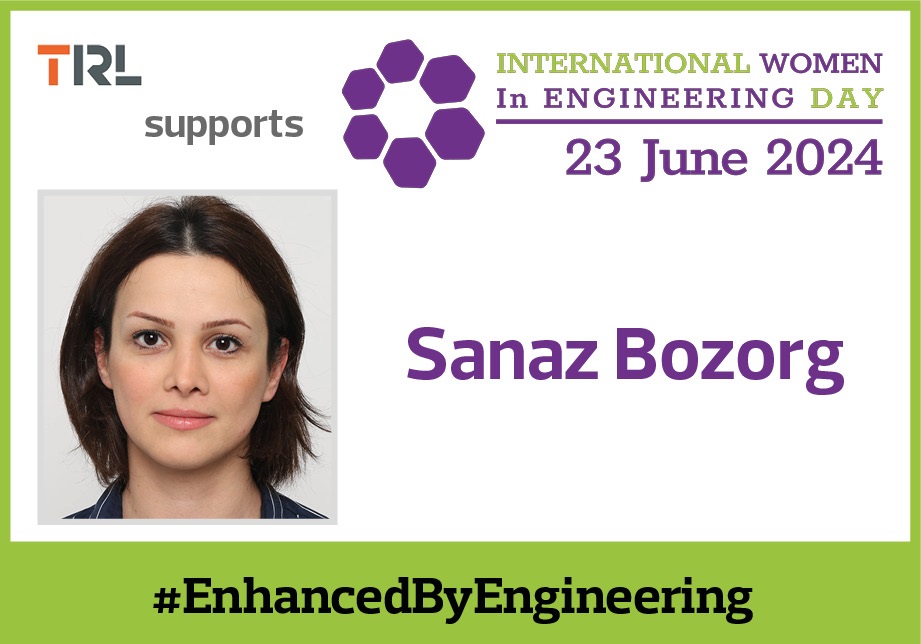Female engineers are a rarity in the world of transportation and even more so in the niche area of highways engineering. This has its pros and cons.
During my studies (in Finland, Sweden and Iran), I was frequently the only female in my group. Fortunately, instead of my gender being a challenge, I received excellent support from my supervisors and colleagues, so mine was a wholly positive experience in that environment. But I also received no special exemptions when we were working outside, at night, in all weather, sometimes as cold as -200. I had the same equipment and did the same research tasks as my colleagues. Personally, I felt empowered to be treated exactly like the others. I published several journal articles as a result of these projects, which I would possibly never have achieved if I had been treated differently.
I’ve always been interested in the environment and in natural sciences. My bachelors degree thesis was all about air pollution from cars and how compressed natural gas (CNG) fuels could help reduce that pollution. I scaled up that interest for a masters degree, looking at the sustainability of transport in cities. For my PhD I took a deep dive into the safety applications of intelligent street lighting. I have an engineer’s mindset but I’m also concerned about climate security and the sustainability of our planet for future generations.
I think I bring the best of a woman’s emotional intelligence, combined with practical engineering STEM skills to work. When I came to the UK I joined the Highways team at Cambridgeshire County Council as a road safety engineer. This added another really important dimension: relating my work to the reality of road collisions.
The biggest difference, as a Road Safety Consultant here at TRL, working on a variety of projects both in the UK and internationally, is that I’m no longer in the minority as a woman. Half the researchers are women, and many of us are qualified engineers. Every day, in some way, we make a positive impact on society by contributing to advancements in transport and sustainability.
In my career so far I have been extremely fortunate to have had great support from supervisors and colleagues, really motivating subjects to work on, and endless encouragement from my family. Staying enthusiastic about my work has been important, and I find that having a clear sense of purpose helps maintain this drive. If I was giving advice to someone setting out on a similar journey, I would stress the value of finding that purpose; it lights the passion that will support you from within.
Balancing professional and personal life is also vital for long-term success and happiness. TRL’s has policies that promote equality and inclusion. For example, working flexible hours allows me to spend time with my one-year-old son and engage in family-oriented activities without it impacting on my working time. Swimming with my son is a fun and enjoyable way for us to bond and maintain balance in my life. This modern way of working is a benefit for the men and women equally; eventually this will be the norm everywhere and it won’t be worth mentioning.
We definitely need to see more women enter and thrive in engineering. To encourage this, I believe it's important to provide mentorship, create inclusive environments, and highlight the achievements of women in traditionally male dominated subjects. That’s why I’m very happy to tell everyone about my personal journey in this blog and hope they find some inspiration in it.

